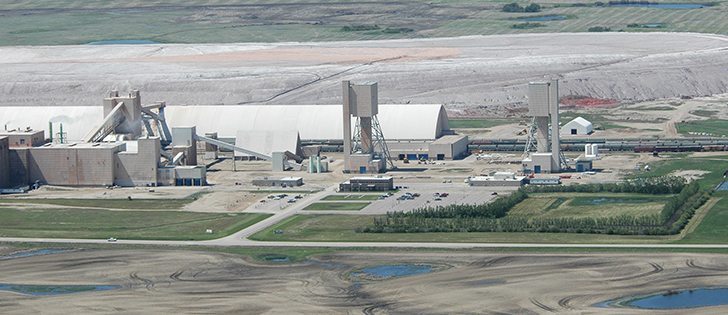What does Russian potash producer Uralkali know that other producers do not? Or, do the company’s executives simply have a larger number of high-risk genes?
All hell broke loose in the markets last week when Uralkali announced it would leave the Belarusian Potash Company cartel with the intention of selling big volumes instead of seeking high prices.
Every fertilizer company’s share price took a dive, including Uralkali’s. Dire predictions followed. It’s the end of the potash market as we know it, said at least one analyst.
Read Also

Proactive approach best bet with looming catastrophes
The Pan-Canadian Action Plan on African swine fever has been developed to avoid the worst case scenario — a total loss ofmarket access.
Causing that kind of havoc means you’re pretty sure about your long-term plan and have the genes to make it happen. The question is, is Uralkali right, or are the North American fertilizer companies right?
In The Globe and Mail, Scott Barlow said investors should have seen some sort of adjustment coming. Potash inventories are high, corn prices are low and Chinese fertilizer demand is down, he noted. Score one for Uralkali.
It might be time for a bit of a correction. Saskatchewan and other potash-bearing regions have been riding high on pink gold for a long time, while fertilizer companies have been expanding at a great rate.
However, all that expansion brings a lot of production to the market, and perhaps is even contradictory to the companies’ stated business plan of matching supply to demand.
There is certainly enough fertilizer out there right now. Prices are down, and the Uralkali defection will almost certainly drive them down further — at least in the short to medium term.
On the bright side, all this is good for farmers, assuming they’re not invested in fertilizer companies.
It’s not so good for Saskatchewan if prices fall. Royalties will drop and government coffers will shrink.
It’s potentially bad for anyone connected to, or living near, greenfield mines. Uralkali has put its greenfield mine on hold; could BHP Billiton or K+S do any differently in Saskatchewan? That would be tough on the communities near the potential mines. Land has been sold, plans made for housing and roads and hopes built around new jobs and long-term investment.
Potash is an important piece of the food landscape and always will be, but it’s likely in for a correction, bringing the good and bad along with it. Uralkali’s decision to bolt its cartel will speed up the consequences.

















